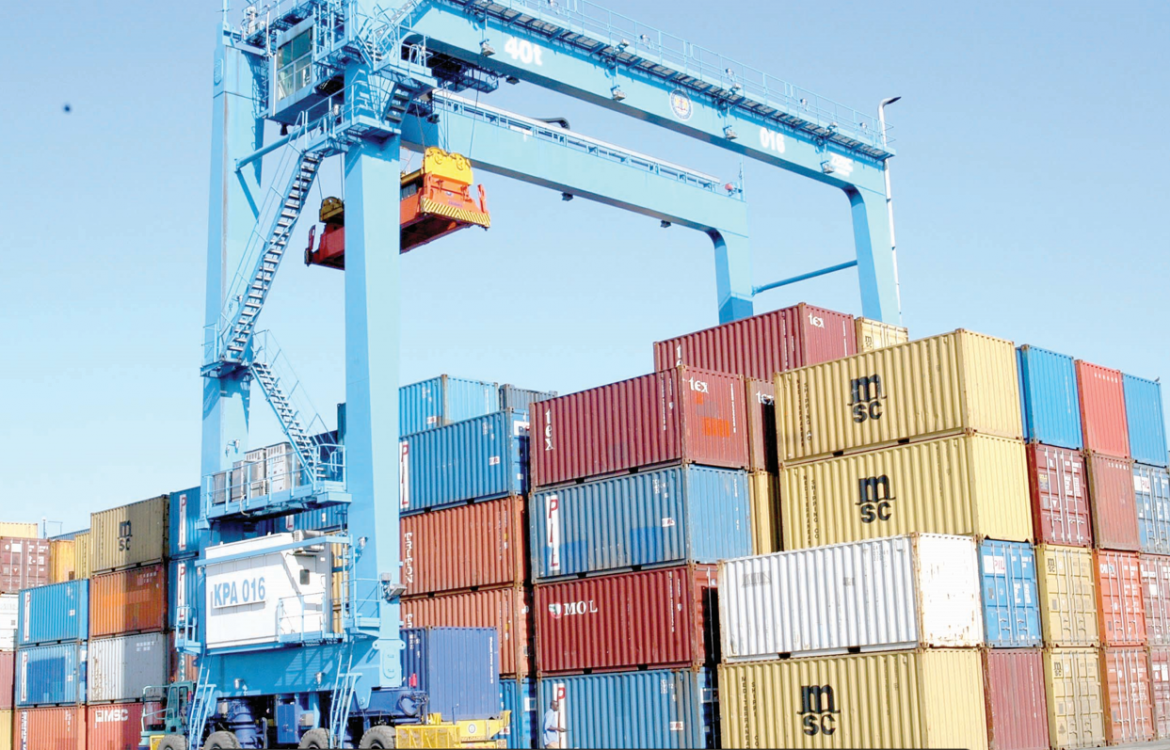African countries hurting spirit of free trade pact

Experts reckon that the African Continental Free Trade Area Agreement (AfCFTA) could be a game changer.
It was established in 2018 as one of the flagship projects of the African Union Agenda 2063 with the main mandate of creating a single continental market comprising the 55 member states of the African Union. It requires state parties to eliminate tariffs and non-tariff barriers to trade in goods and liberalise trade in services.
According to the agreement, signatories should cooperate on customs matters and establish a mechanism for settling trade disputes.
It was envisaged that AfCFTA will reduce market fragmentation and create a single market allowing African countries to be in a better position to negotiate prices, which in turn will better position the continent as a viable economic partner on the world stage.
As of 2024, the African share of global trade remained at less than three per cent, driven largely by merchandise trade, indicating that African countries continued to trade with the rest of the world more than among themselves, according to a report by the Economic Commission for Africa.
Only 17 percent of African exports are intra-continental. The pact provides a great opportunity by eliminating trade barriers and ensuring easy movement of people and goods.
It connects 1.3 billion people across 55 countries with a combined GDP estimated at $3.4 trillion. And as respected Nigerian economist Ngozi Okonjo-Iweala stated: “Trade is a force for good, and properly harnessed can help lift millions out of poverty and bring shared prosperity.”
Unfortunately, though many African countries signed the pact, their behaviour at the policy level continues to undermine the spirit and letter of AfCFTA.
The tiffs between Kenya, Uganda and South Sudan are cases in point.
And only this week, Tanzania banned the entry of all agricultural imports from Malawi and South Africa in response to what it sees as restrictions on some of its exports.
South Africa has for years prohibited the entry of bananas from Tanzania. Malawi, last month, also blocked imports of flour, rice, ginger, bananas and maize from Dar.















